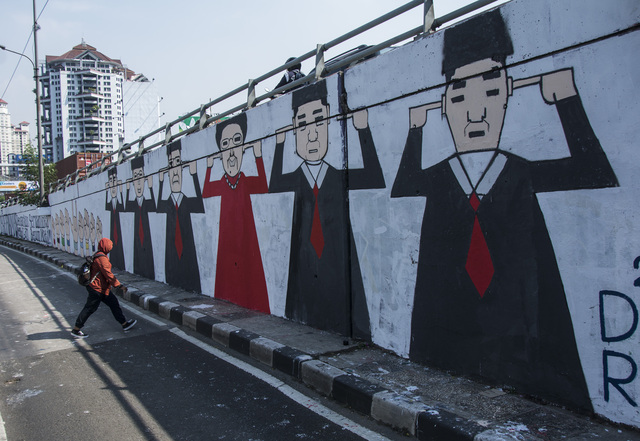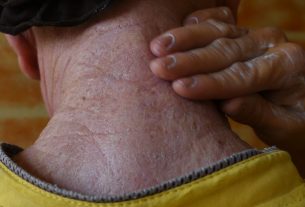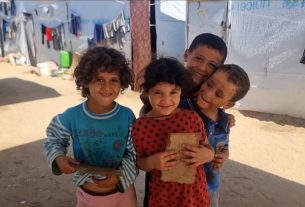Jakarta. President Joko “Jokowi” Widodo on Wednesday admitted Indonesia’s past gross human rights violations, many of which occurred during the country’s longest-serving leader Soeharto’s regime.
“With a clear mind and sincere heart, I, as the leader of the Republic of Indonesia, admit that the gross human rights violations really took place in various incidents,” Jokowi said at the Merdeka Palace in Jakarta on Wednesday.
Jokowi then cited twelve incidents in which serious rights violations had taken place.
For instance, the 1965-66 anti-communist purge, and the 1982-85 Petrus killings, which saw the extrajudicial killing of many thugs.
According to the National Commission for Human Rights (Komnas HAM), 32,774 people went missing during the 1965-66 tragedy. Non-government organization Kontras wrote that some studies reported that there were more than 2 million victims.
The president regretted what had happened in the 1989 Talangsari incident in Lampung, as well as the Rumoh Geudong and Pos Sattis tragedy in Aceh that occurred in the same year.
He went on to list other violations such as the 1997-98 abduction of pro-democracy activists, and the May 1998 riot triggered by the monetary crisis and discontent over Suharto’s New Order. News outlet Kompas reported that 499 people had died in the 1998 May riot. The unrest saw more than 4,000 buildings destroyed and burnt. The material losses during the riot amounted to Rp 2.5 trillion.
Read More:
The 1998 Trisakti tragedy —the shooting against four Trisakti University students demanding Suharto’s resignation— was also one of the past violations that Jokowi had acknowledged. “As well as the 1998-1999 Semanggi I-II shootings,” Jokowi said.
The Semanggi I tragedy on Nov. 1998 saw the shootings of students and civilians protesting against Suharto’s successor BJ Habibie. This was followed by another violent protest on Sep. 1999. Many students at the time disapproved of the state emergency bill. Volunteers Team for Humanity reported that the Semanggi II incident claimed the lives of 11 people, and left 217 wounded.
Jokowi also expressed regret over the “1998-1999 killing against black magic sorcerers and the 1999 Simpang KKA incident in Aceh.”
The Indonesian government also acknowledged the 2001-2002 Wasior incident and the 2003 Wamena tragedy, both taking place in the outermost province of Papua. Jokowi admitted that human rights abuses had taken place at the 2003 Jambo Keupok incident in Aceh.
“I have deep sympathy for the victims and their families. First, I and the government will try to restore the rights of the victims in a fair and wise manner, without negating the judicial process,” Jokowi said.
“Secondly, I and the government will spare no efforts to make sure that gross human rights violations will not happen again in Indonesia in the future. I ask the Chief Security Minister [Mahfud MD] to oversee the government’s concrete efforts to make sure we can achieve those two things,” the president said.
In 2022, Jokowi issued a decree to form a non-judicial settlement team to investigate past human rights violations.
Suharto led Indonesia for 31 years from 1967 to his downfall in 1998.



